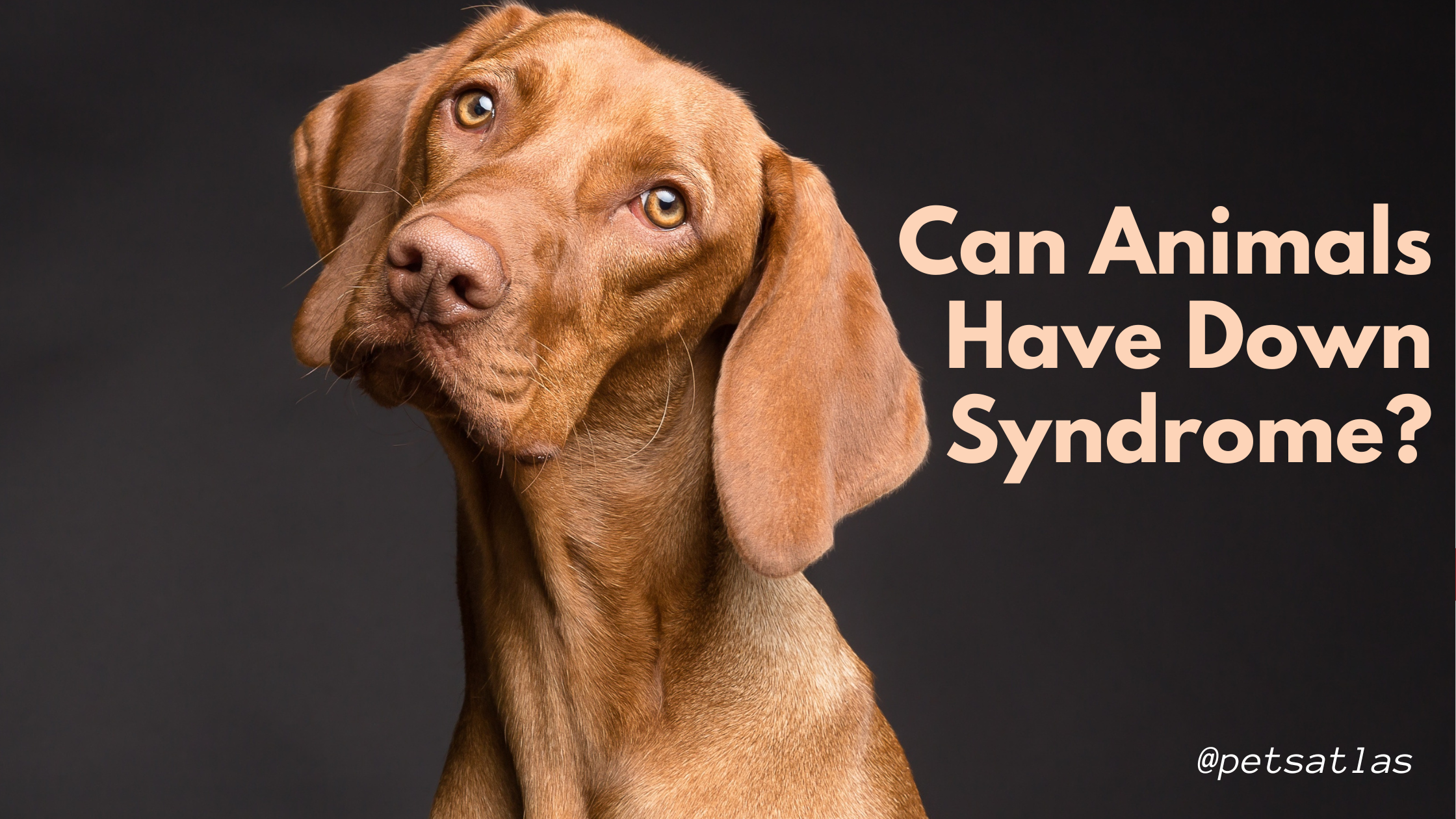Down syndrome is a genetic disorder that occurs with the development of an extra copy of chromosome 21 in humans. People suffering from this disorder deal with intellectual as well as developmental challenges. But a comon question doing the rounds on the internet is that “can animals have Down syndrome?”. The short answer to this question is No, howevern a detailed explanation, reveals that certain genetic conditions have different affects on different species. Let’s find out anwers on why animals cannot be affected by Down syndrome as humans do and understand what kind of genetic anomalies can be located in different species of the animal kingdom.
Genetics Behind Down Syndrome
The reason behind down syndrome in humans is the development of an additional copy of chromosome 21, full or partial, leading to a total of three copies in place of two normal ones. This additional genetic development leads to the intellectual and physical characteristic traits associated with this condition. Although, all species that exist have a different set of chromosomes. For instance, humans have 23 pairs of chromosomes, while cats have 19 pairs and dogs have 39 pairs of chromosomes. This signifies that the genetic condition known as Down syndrome doesn’t exist in animals.
Animals cannot have Down syndrome because of the huge differences in their chromosome structure. However, animals can develop other genetic abnormalities resulting in certain symptoms that might resemble few other characteristics of Down syndrome similar to humans.
Due to this reason, it is believed that animals have Down syndrome. Now, below are some specific cases that support this argument.

Animals with Down Syndrome-like Symptoms
It is impossible for animals to get affected by Down syndrome, yet some of them show physical or behavioral issues that look similar to the condition. Anomalies in such cases arise from issues like chromosomal abnormalities, developmental disorders, or genetic mutations.
- Lions and Tigers: In case of big cats, some cases have been reported to where the physical issues and facial features lead to misbeliefs that they could have been affected by Down syndrome. For instance, Kenny the white tiger, that’s born with crossed eyes, and a flattened face, was believed to have the condition. But that truth is, traits of Kenny were developed due to inbreeding, which lead to certain other genetic defects, but not Down syndrome. This was a classic case showcasing how different genetic abnormalities in animals can be confused with Down syndrome.
- Primates: Some primates, like chimps, have been documented to exhibit symptoms similar to down syndrome noticed in humans. This is primarily because 98% of the DNA in chimpanzees is similar to humans and therefore it is believed that have genetic disorders similar to those affecting humans. For example, one of the chimpanzee had an extra chromosome which was very close to Down syndrome in humans. But it was later proved that this was still not the same condition as the human undergo.
- Cats and Dogs: Few people owning pets have noticed their pets having Down syndrome because of some physical deformities or developmental delays in them. But these animals were proved to be a victim of other genetic disorders, like congenital defects or dwarfism. It was discovered they needed certain health support from caregivers as they had unique needs in some cases. Due to all these misunderstandings, many people mistakenly confused these conditions in animals to Down syndrome.
Why Animals Can’t Have Down Syndrome?
The key reason why animals can’t have Down syndrome is that all species have a distinctive chromosomal structure.
Animals to have Down syndrome, would need to have an additional chromosome equivalent to human chromosome 21. But, animals have a unique numbers of chromosomes genetically, which means an additional chromosome would ever align in the way it should certainly proving animals cannot have Down syndrome.
Apart from the difference in chromosomes, genetic disorders in animals can be found in very different ways in comparion to how they occur in humans. For instance, animals suffering from inbreeding or genetic mutations may develop unique physical characteristics, but these are completely unrelated to the additional chromosome 21 found in Down syndrome.
Misunderstanding about Down syndrome in Animals
If you’ve ever read it somewhere that animals have Down syndrome, rectify yourself because this is false information largely coming from visual cues. People might have mistakenly believed this fact because of distinctive physical traits in animals, like odd gait, behavioral differences, or flattened faces often confused with features visible due to Down syndrome. However, the experience of these animals is way different from that of human genetic condition, anyways.
It is essential for you to approach these assumptions with due caution. Do not get confused with other illnesses, developmental delays, or any other genetic disorders that require proper veterinary attention with “Down syndrome”.
So, can animals have Down syndrome? No, they cannot. Developmental or physical abnormalities in animals must not be confused with Down syndrome found in humans because the genetic situation of animals is way different from that of humans. They might suffer from certain other type of genetic disorders, but it cannot be Down syndrome.
It’s necessary to spot the difference between various types of genetic conditions so you can provide proper care to the animals when they need.
